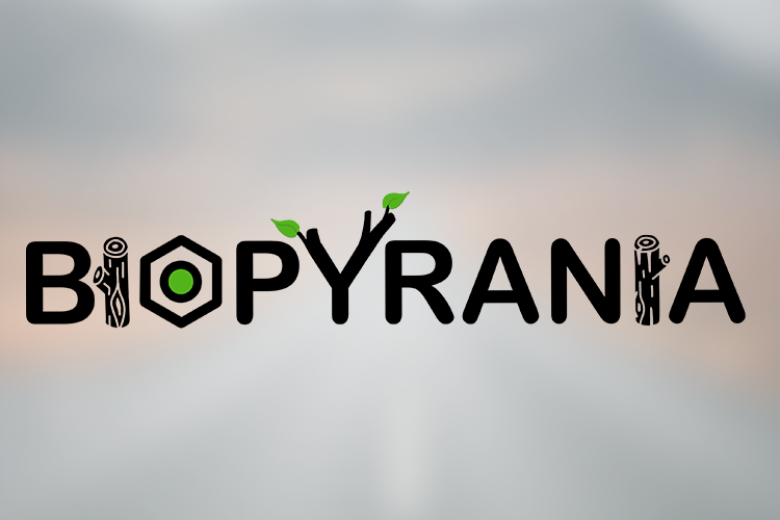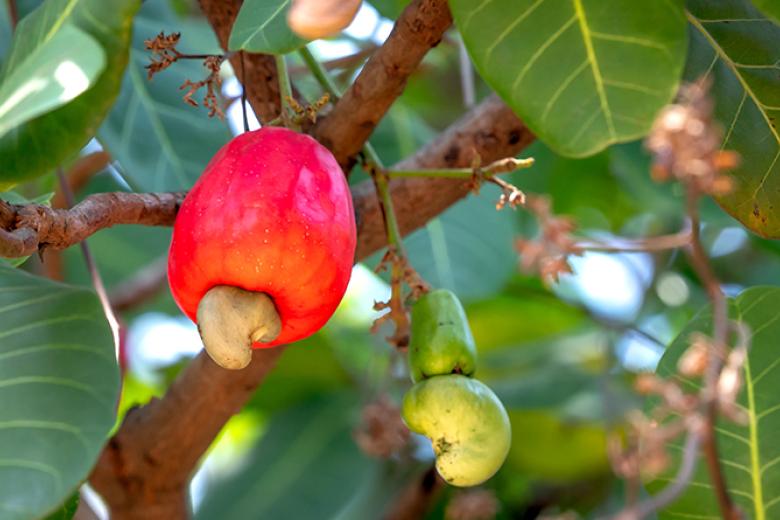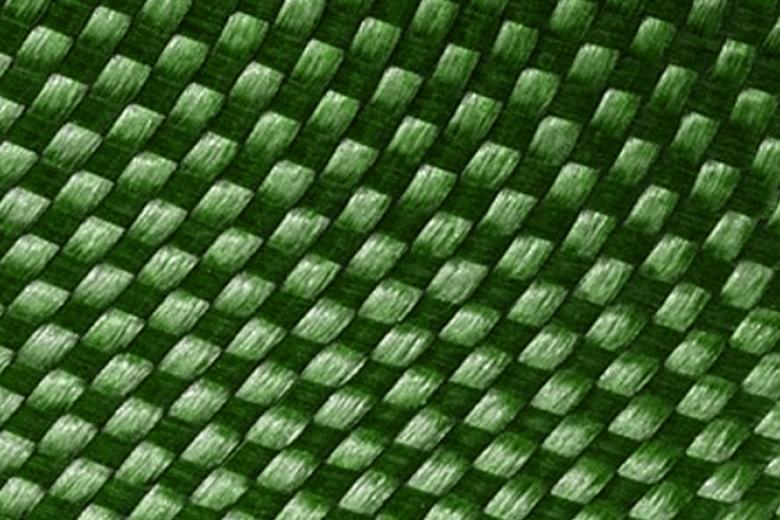Sustainable Polymer Synthesis
Our polymer research lab aims to develop the next generation of advanced yet sustainable polymer materials. We design polymers with precisely tunable properties for different applications, while ensuring they are recyclable and environmentally friendly. We synthesize new functional polymers from renewable, bio-based sources using cutting-edge polymerization techniques.
Research
The polymers we create include homopolymers, copolymers, and other advanced architectures produced via methods like controlled radical polymerizations, ring-opening polymerizations, and step-growth polymerizations. We thoroughly study how their molecular structures relate to thermal, mechanical, optical and other properties. Our focus includes stimuli-responsive “smart” materials, specialty coatings, high-performance fibers, and engineering plastics.
An exciting frontier for our group is harnessing Artificial Intelligence (AI) and machine learning methods to accelerate our research efforts. We are developing AI techniques to assist in interpreting experimental data as well as making predictions about polymer properties based on molecular structure. This could allow us to more efficiently design new polymers with targeted property profiles.
Projects
BIOPYRANIA
Biobased monomers from second generation biomass for high performance polymers, copolymers and blends.

SuFiP-S
Sustainable and fire-safe plastics based on fully organic phosphorus-sulfur compounds.

MycoMatters
Developing next-generation sustainable mycelium-based materials.

SusInkCoat
Sustainable inks and coatings: developing switchable and adaptive functional polymers and additives for low environmental footprint.

A novel approach towards lignin-based non-isocyanate polyurethanes for self-healing anticorrosive coatings
The goal is to achieve solvent-free polymerization to reduce energy use. The resulting materials are expected to have excellent water resistance, antioxidant properties, and self-healing abilities, making them ideal for protecting metals from corrosion.

VITRIPRINT
From stereolithography to extrusion-based 3D printing with renewable and recyclable network polymers

DigiLignin
Digitization of lignin polyurethane development

LigDYN
Lignin based dynamic and circular thermosets.

Totally Nuts
How can we develop sustainable and economically viable biobased epoxy thermosets and composites from cashew nutshell residue?

CUMERI
Customized membranes for green and resilient industries

BioBased ValueCircle
BioBased ValueCircle offers a unique interdisciplinary research and training environment tailored for 12 early stage researchers (PhDs) excited by the development of innovative bio-based products, respecting the principles of the circular economy.

Top-down covalent adaptable and circular epoxy networks
This project pioneers a completely new approach to make widely available epoxy-amine networks (e.g. windmill blades) recyclable, while they are normally not recyclable.
